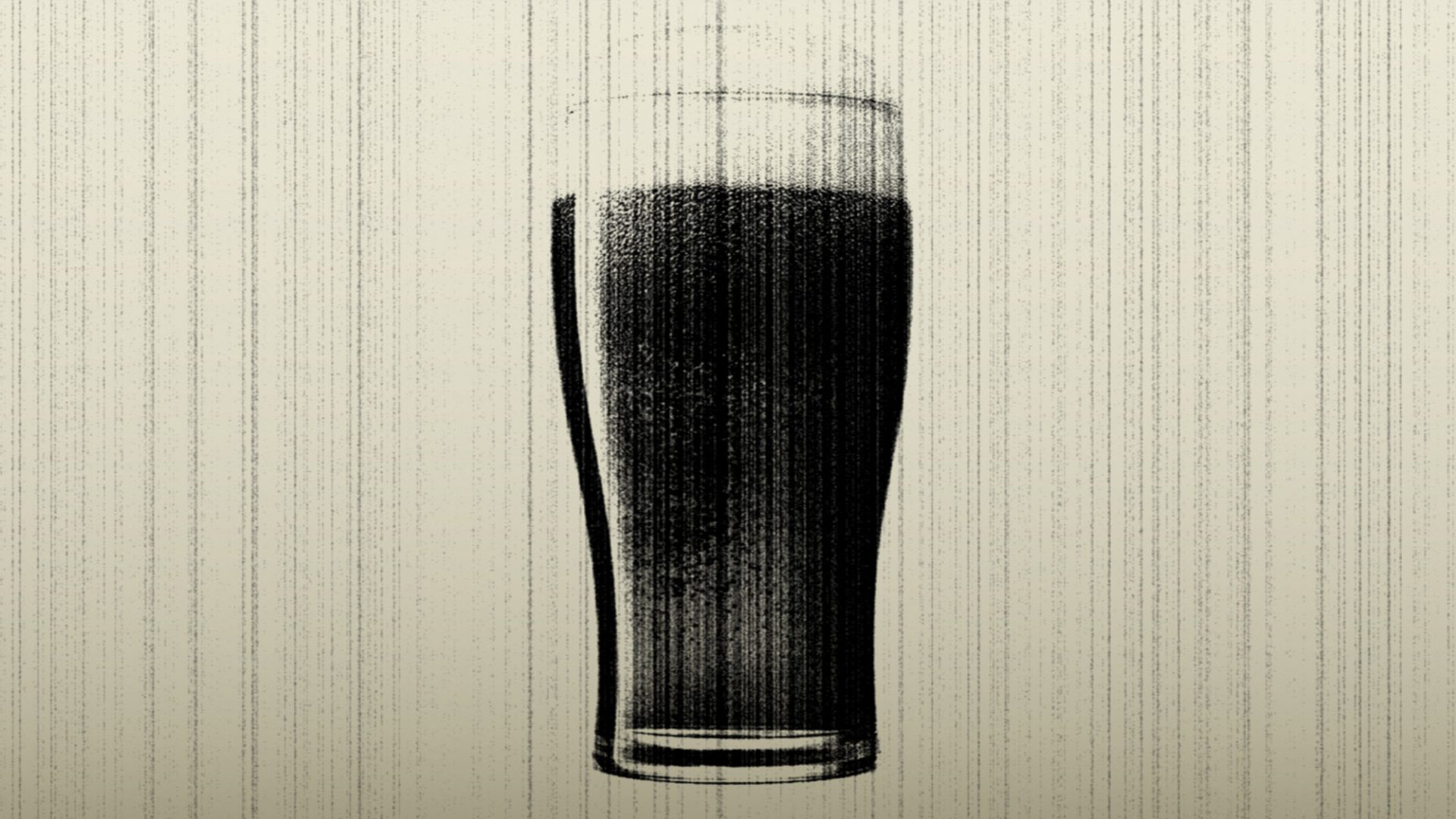The finals of Euro 2024 have been plagued by professional fouls. Numerous players have “taken one for the team”, tugging the shirt or scything away the legs of an opponent who was through on goal. Despite their mimed protestations of innocence, these players expect what’s coming next: a free kick, a yellow card, or maybe even a red one.
Søren Kierkegaard described cases of rule-breaking for some supposed greater end as “the teleological suspension of the ethical”. In Fear and Trembling, he explored the story of Abraham who is told by God to sacrifice his only son, Isaac.
Kierkegaard was fascinated by Abraham’s dilemma and anguish. Abraham loves his son and recognises the force of his parental duty to protect him, but this is in tension with the instruction to kill him. God’s apparent order trumps everything.
Abraham, as we know, was about to slit his son’s throat, but God intervenes. Kierkegaard approves of Abraham’s faith and willingness to act: doing the conventionally right thing (being a good parent) here would have meant doing the wrong thing.
The philosophically inspired playwright Tom Stoppard wrote a superb television play in the late 1970s, Professional Foul, in which he explored this idea of the teleological suspension of the ethical both in relation to football and to an ethical dilemma the central character is faced with. Professional Foul deserves to be better known – it’s worth searching out on YouTube. Professor Anderson, an Oxbridge philosopher (his character may be based on the football-obsessed AJ Ayer, a friend of Stoppard’s) is visiting Prague, then under communist rule. He’s ostensibly there to speak at a philosophy conference about language and meaning, but his main reason for going is to bunk off and attend the Czechoslovakia v England match. He’s a passionate football fan, and the conference is just a cover.
The plot is neat. Unexpectedly Anderson is approached in his hotel by his former philosophy student, Pavel Hollar, who asks him to smuggle a manuscript he has written (his PhD thesis) back to the UK. Anderson doesn’t want to get involved, but the student insists he takes it.
The next day he decides to return it, but when he gets to his student’s flat, he finds he has been arrested. The police arrive, detain Anderson (who, to his chagrin, misses the match) and search the place. Meanwhile, England lose the match. A professional foul by one of their players doesn’t save the day but leads to a goal from the subsequent penalty. Anderson still has the manuscript.
Spoiler alert – I’m going to reveal the twist in the tail of this play.
Realising his luggage will almost certainly be searched (it is), he slips it into another conference attendee’s briefcase and so gets it past the Czech police and back to England. He has committed a professional foul since he has deceived his companion and put him at risk – but this one pays off. Generally, deceiving other people and placing them in danger is not ethical behaviour. Anderson justifies it as being for a higher end. Stoppard seems to agree.
The play may have been based on a real incident. A number of philosophers visited Czechoslovakia regularly under communism and some of them took personal risks, smuggling books in and manuscripts out, and channelling funds towards dissident intellectuals and students.
A group of them, including Roger Scruton, Anthony Kenny and Kathy Wilkes, were active in an underground university there. Their luggage was regularly searched, they were followed, and some were detained and deported. Their support for these anti-communist intellectuals was exemplary and no doubt involved lying and deception to throw the secret police off their trail.
Structurally, deceiving the authorities in Czechoslovakia for the greater end of supporting dissident intellectuals, and committing a foul to prevent a goal in an international match may look similar. But the ends are very different. I’m not so sure that winning a football match is a higher end if that means winning it at any cost.
Winning by cheating is not necessarily better than losing by not cheating. Maradona, infamous for his “hand of god” goal for Argentina against England in the 1986 World Cup finals, would no doubt have disagreed. Perhaps he’d have a point as in that case his retrospective justification was that the handball was symbolic revenge for the war over the Falklands/Malvinas. It wasn’t just about football. But perhaps that was just an after-the-fact rationalisation. As Anderson says in Stoppard’s play: ethics is a very complicated business.



